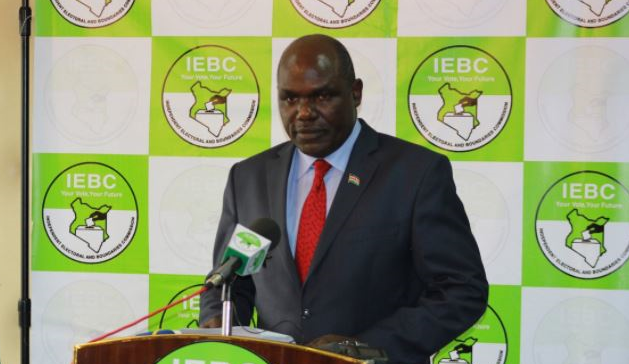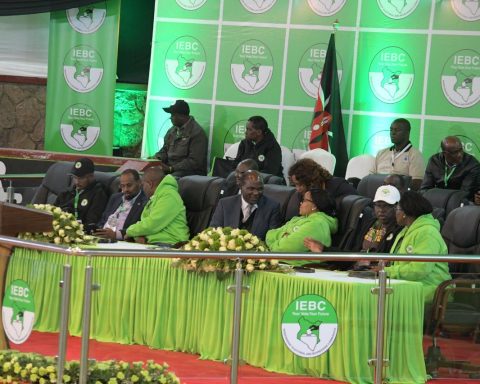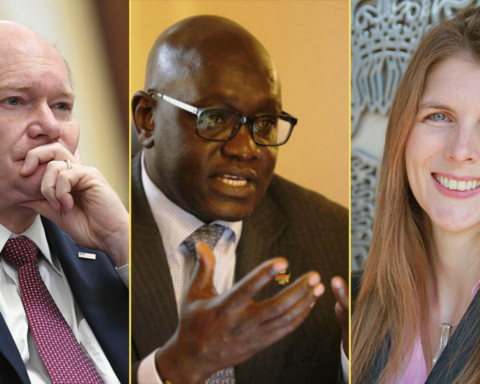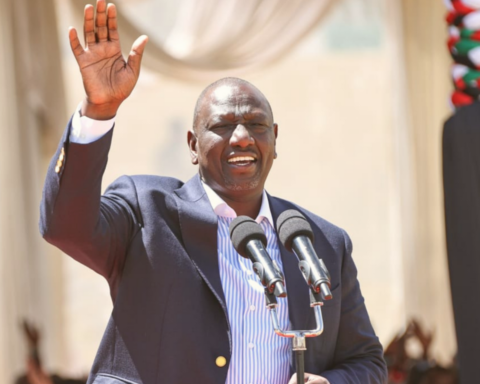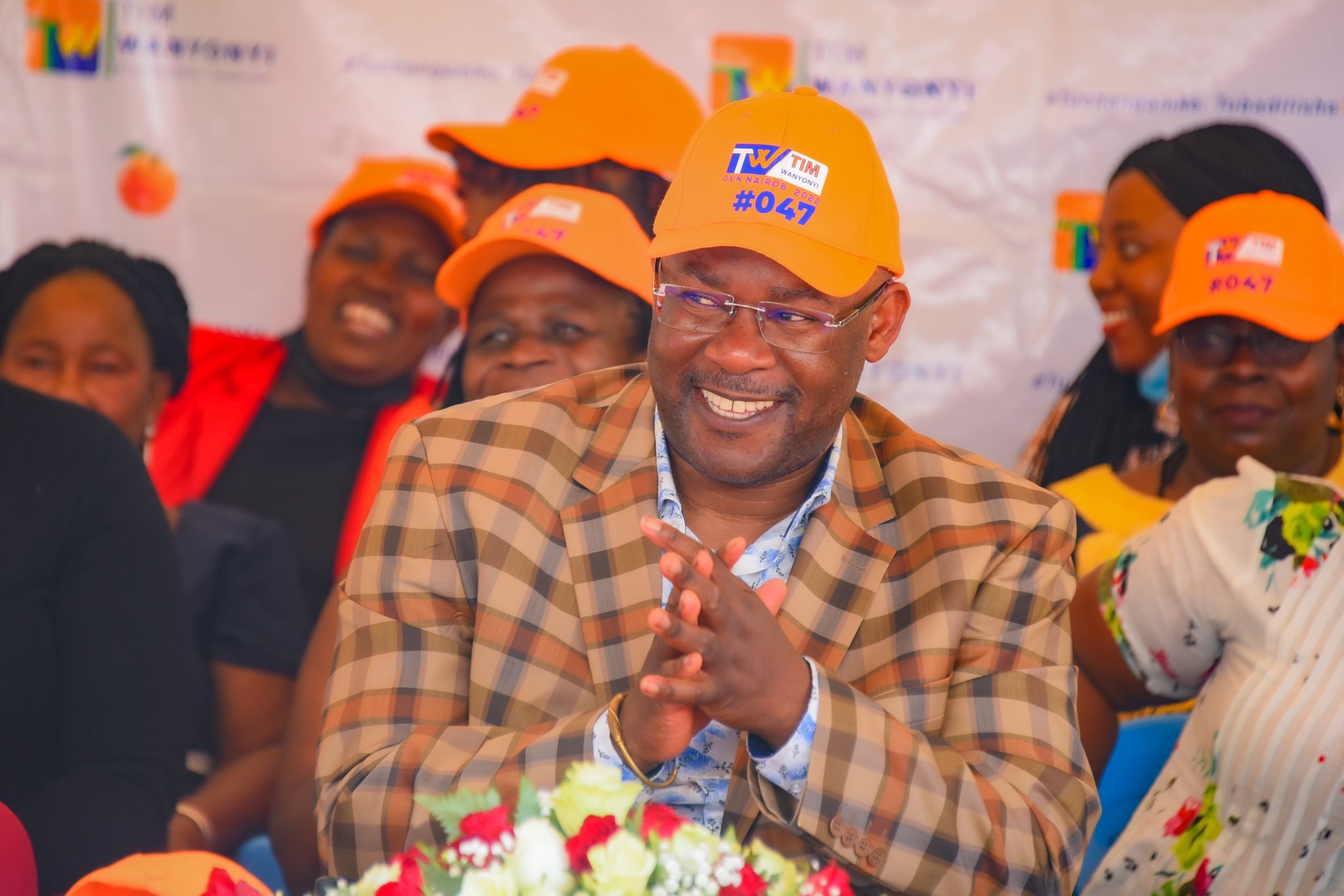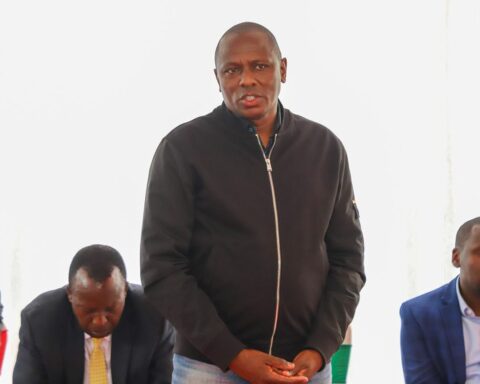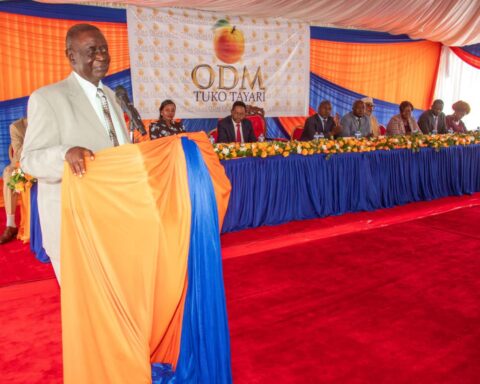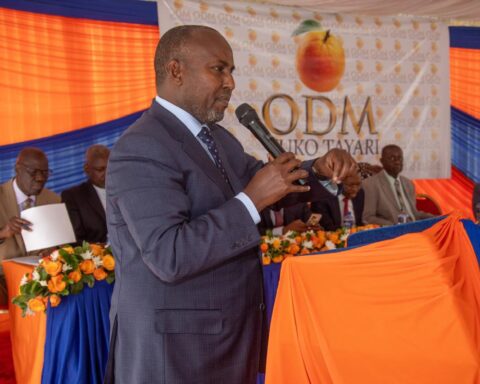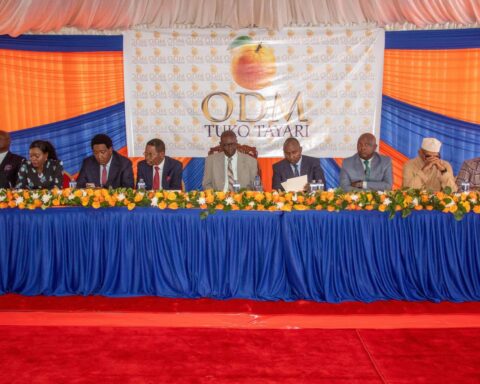Kenyans know that the IEBC chairman Mr. Chebukati is kind of a bad joke as the highest-ranking electoral officer in our country and he is still in office because our dysfunctional government is even worse than him but sometimes there have to be limits to stupidity when you are running public affairs.
“You’re hereby reminded that all political parties participating in the upcoming general election must comply with the existing statutory obligations, and ensure all lists of the nominated candidates for the 290 constituency-based elective positions for the Member of Parliament and 47 County-based positions for the Members of Senate must comply with the two-third gender rule.”
That is Chebukati’s latest decree. First of all in which part of the Kenyan constitution does it state that the two-thirds gender rule for parliament applies to party nominations for elective positions. Absolutely nowhere. You can’t just cook things up to look busy and not even follow the law.
The only issue on political parties applying the gender rule was in a case raised by Katiba Institute asking the High court to issue an order for the parties to apply the gender rule in their nominations. Women groups and organizations in Kenya have come up with more practical ways for political parties.
Centre for Rights Education and Awareness (CREAW) has proposed that political parties put in place pro-active measures on the two-third gender principle in their elections and election regulations. Basically, it means this is an option political parties need to do in good faith to promote and implement the gender rule.
In fact, the Centre for Rights and Awareness under the leadership of Wangechi Moegi has done tremendous work to bring the two-thirds gender rule into life and has made several proposals in their groundbreaking publication ‘’Towards Implementation of two-thirds Gender Principle”.
I urge Chebukati and our politicians to read and try to implement the ideas they have come up with.
Here is what our constitution says about the gender rule:
In Article 81, the Constitution of Kenya states that “the
the electoral system shall comply with the principle that not more
than two-thirds of the members of elective public bodies shall
be of the same gender”
The basic logic in elections tells everybody that whoever is nominated may win or lose an election. That is why it is called nominations. How about if all parties nominate the Chebukati number of required women in this case and most of them lose at the polls? What will happen? Will Chebukati cancel the election results and call for new elections? At least let us hope he knows he cannot do that.
The two-thirds gender rule applies to sitting members of parliament at any one time after our 2010 constitution.
Sitting members of parliament and senate at any one time include those elected at the General Elections and those nominated by various parties after the elections.
It is on how to implement the gender rule that our parliament has failed miserably and there is no end in sight for that.
Mutula Kilonzo when he was the Minister for Justice in Kenya introduced a bill in 2011 to facilitate a process where political parties can help parliament meet the conditions of the gender rule in their nomination of M.Ps, which happens after the elections and by which time parliament and senate knows what number of nominated women is required to be in conformity with the gender rule.
That bill died in parliament because the M.Ps refused even to debate it. So they never voted on it.
What Kenya needs for the gender rule to be implemented in our country is leadership at the highest seats of power in our country and many of our leaders have been doing that for years now.
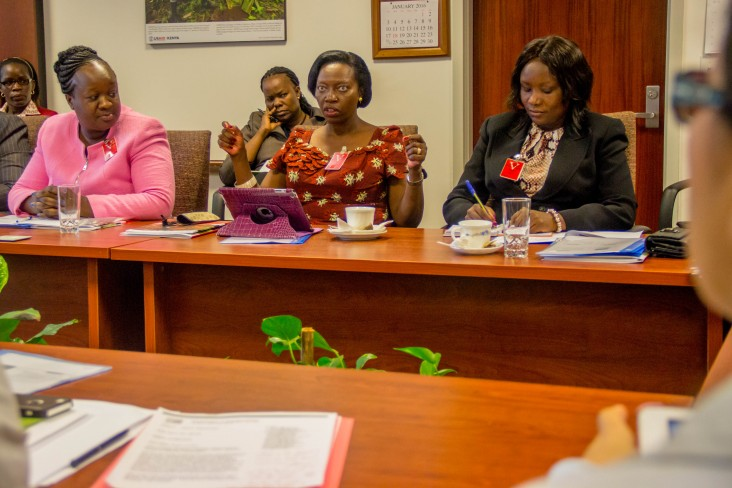
The real problem with gender rule is twofold.
The first one is that governments and our legislative institutions from 2010 to 2022 have refused to pass additional legislation in parliament to ensure that the gender rule is applied.
The second and more deadly problem is that the politicians know that there will be no consequence for them if they do not abide by the gender law in the constitution. The matter has been to court a thousand times and even the Supreme Court refuses to make any rulings about it to force the politicians to comply.
If our Supreme Court took a decisive ruling and gave the two institutions affected by the ruling three months to fix the problem or the court will rule that if that gender rule is not reached then all actions, laws, budgets, or anything enacted by such parliament or senate membership which will be declared illegal.
That is when our institutions will change to meet the demands of our 2010 constitution.
The Supreme Court cannot dissolve the Kenya parliament or senate but they can make all their actions irrelevant to the country and illegal and then they will listen.
Up to now, parliament has been able to fool our courts and the judiciary system by asking for a one-year extension to apply the gender rule and after every year parliament extends it by another year. That has happened for 12 years and we have to figure out how to stop it.
Here are the numbers in parliament and senate from 2017 to 2022.
In parliament, at the moment the total number of M.Ps is 290. Total number of elected women M.Ps is 23. Nominated M.Ps in parliament are 12 out of that 6 are men and 6 are women.
In hard statistics women, M.Ps in parliament make up 10% of the total number of M.Ps. If parliament was to conform to the gender rule they would need 97 women M.Ps out of the 290 members of parliament.
In the senate out of the 47 senators, there are 3 elected women senators and one nominated woman senator. This means women in the senate make up 8.5%. If the Senate was to achieve a two-third gender rule they would need 16 women senators, not 4 women.
So to conform with the gender rule our parliament from August 9, 2022, must at least have 97 women members of parliament. Can political parties nominate a certain number of women to run for the elections to achieve that? Of course not.
Can parties post-election nominations of women do it? Going by the numbers we have now that is completely impossible unless parliament was to expel some elected men from parliament and replace them with nominated women. That is legally not workable.
All taken together implementing the two-thirds gender rule which right now is worse than a pie in the sky for Kenyan women we need to transform the entire electoral and nomination system to make it work better for Kenyan women who are 50% or more of the population.
That is way more than the one-third representation which we are groveling about as a country to give Kenyan women in our legislative institutions. That job belongs to parliament and the judiciary and of course the Kenyan people to fix at the polls.
One thing we can say about our 2010 constitution is that it brought into our laws great ideas and incredibly good concepts of law in the land. We forgot one thing and that has cost us big. We still have the same uncouth, greedy, and unprincipled political leaders.
No laws can change that. Only Kenyan voters can fix that and they must do it in 2022.
Adongo Ogony is a Human Rights Activist and a Writer who lives in Toronto, Canada
